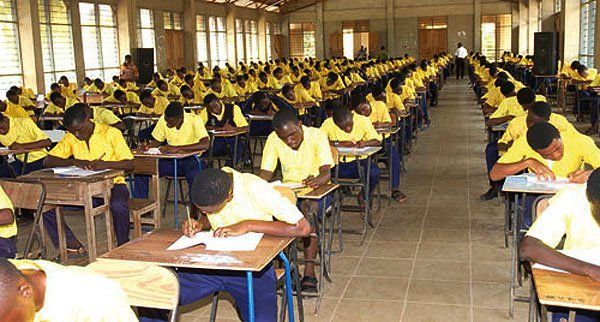
Prioritise handson training approach on teaching science - Report
A new research conducted by the Practical Education Network (PEN), a non-governmental organisation, has established that students who have access to practical skills training in science education at the basic level perform well in science during the Basic Education Certificate Examination (BECE).
The research has also revealed that such students developed better attitudes and interest in science education as compared to others who are disadvantaged when it comes to the practical aspect of the subject.
Advertisement
The study is, therefore, calling on teachers to prioritise hands-on training approach as a major method of teaching students at the basic level in order to boost their desire for science and other practical-related training subjects taught in the classroom.
These finding were made known at a Science Technology, Engineering and Mathematics (STEM) research dissemination meeting, organised by PEN last Thursday in Accra.
It was attended by the head of schools, representatives of the Ghana Education Service (GES), the West African Examinations Council (WAEC) and other stakeholders in the education sector
Methodology
The research was conducted in the 2017/2018 academic year with six public schools in the Greater Accra Region with 324 junior high school students as its respondents.
With this, the schools were categorised into two groups where one group was given training facilitators by PEN who trained the teachers in how to use hands-on training approach in teaching, whereas the other group were denied those benefits.
Moreover, the teachers and students in the first group were also given teaching and learning science equipment to enhance their work in the classroom.
Results
In assessing the outcomes of the results, it was realised that the students in the first group who benefited from the hands-on training programme recorded a 28.8 per cent increase in their test scores in science while the other group recorded a 14 per cent increase in their test scores.
Also the data from the BECE results in 2017/2018 showed that the majority of students in the first group scored between grade one and five as compared to the students in the other group, most of whom scored between grade six and nine.
The teachers were also better enlightened on how to adequately prepare for lessons, setup the laboratory equipment and engage with students.
Devotion
Presenting the report, the former Executive Secretary of the National Teaching Council(NTC), Dr Evelyn Oduro, lauded the PEN for their effort and commitment to help promote hands-on practical training for students.
She said the introduction of the licensure examination for teachers would help to scrutinise and select individuals who were qualified but most importantly ready to adhere to the regulations that would move the educational system to another level.
Innovation
The Head of Science Education Unit at the GES, Mr Andrews Quaning, said the STEM had been adequately catered for in the new curriculum to be rolled out.
PEN Teacher programme
A new programme dubbed: "PEN teacher road map” was launched by the PEN during the climax of the event.
The Chief Executive Officer of PEN, Dr Heather Beem, said the new programme would train teachers of STEM in how to teach students in a more hands-on learning approach.



